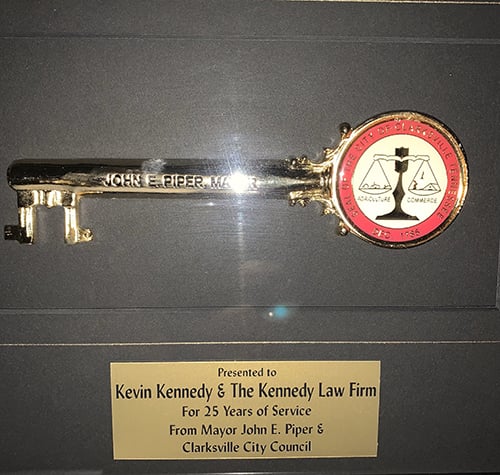Unusual Defenses to Defamation
Defamation lawsuits are not easy to win because the plaintiff must both prove the difficult elements of his or her case and avoid the many defenses to defamation. This article reviews two unusual “defenses” to defamation, the insubstantial but practical defense of I-dare-you-to-sue, and the real but rare defense of consent.
I-Dare-You-To-Sue
Publishers of tabloid newspapers are notorious for their willingness to press the law of defamation to its limits. For example, an ex-service employee with a grudge against a celebrity may be inclined to say bad things about the celebrity. If not outright lies, the bad things may be exaggerations that are arguably false. Nevertheless, the publisher of a tabloid newspaper, more interested in the sensational nature of the allegations than their truth may publish the allegations with attribution to “a source.” The publisher of the tabloid newspaper may know in his or her heart that the allegations are false, but by attributing the statements to the source, the only recourse left for the celebrity is an unproductive or counterproductive defamation suit against the source.
More interested in the sensational nature of allegations than their truth, the publisher of a tabloid newspaper may be tempted to go one step farther and publish bad things about a celebrity without attribution to any source. There is no real defense for doing this, but there is a practical defense. The publisher of the tabloid newspaper may calculate it is worth it in terms of increased sales and profits compared to the risk and cost of defending a defamation lawsuit. In other words, the publisher may be daring the celebrity to sue. If the celebrity does sue, the publisher will have the opportunity to collect more dirt on the celebrity in the discovery phase of the lawsuit. Most celebrities avoid the hassle of a lawsuit by not suing.
Consent
Consent is a complete defense to defamation. A person may consent being to a defamation being published against him or her for money, as a publicity stunt, or as a distraction from real events.
Bill and Hillary Clinton’s Fight: Truth, I-Dare-You-To-Sue, or Consent?
During the Monica Lewinsky scandal, the National Enquirer published a story alleging that Hillary Clinton had a fight with her husband Bill, the President of the United States, over his womanizing. The story alleged that the Secret Service had to separate them. Some of Bill’s supporters denied the story, saying it was just another false claim by his opponents. There are three possible explanations: (1) the story was true; (2) the story was not true, but the National Enquirer published it to dare the Clintons to file a defamation lawsuit, during which they could be questioned under oath; or (3) the story was not true, but was published with the Clinton’s consent so that Bill’s supporters could assert that his opponents were making false claims against him. Consent became a real possibility when it was learned that a law firm that represented the Clintons also represented the National Enquirer.


